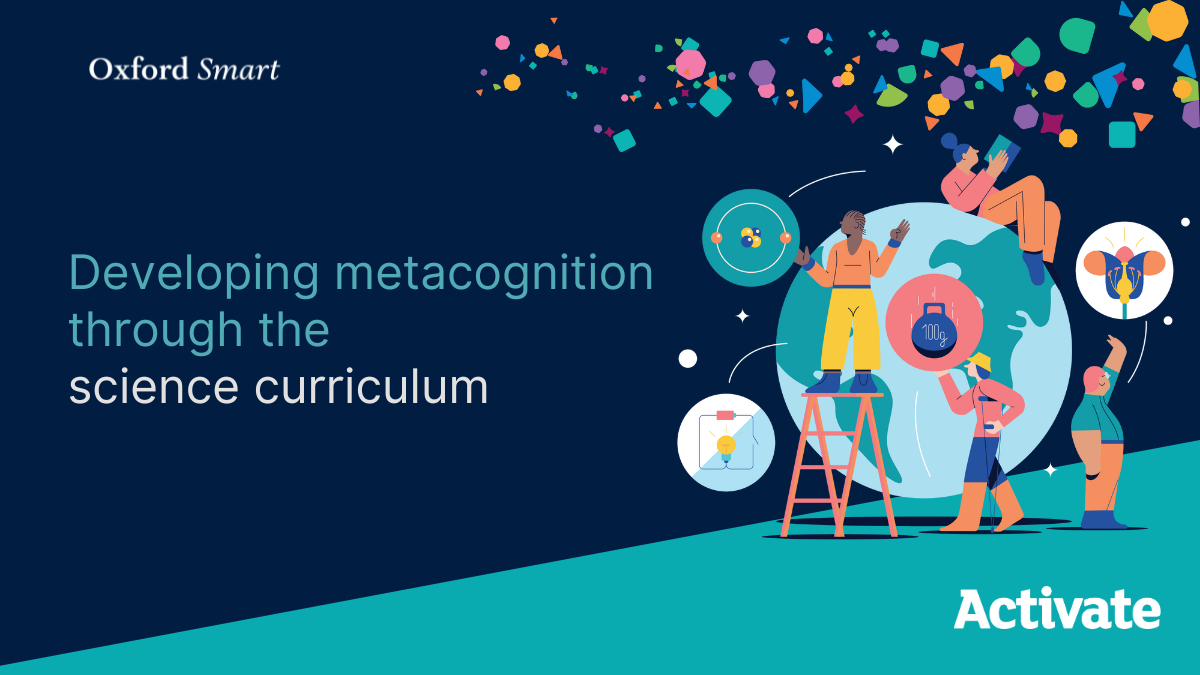
Dr Andy Chandler-Grevatt discusses the challenges of improving science curriculum and argues that there are many strategies to support developing metacognition and self-regulation.
Read more
Dr Andy Chandler-Grevatt discusses the challenges of improving science curriculum and argues that there are many strategies to support developing metacognition and self-regulation.
Read more
‘Metacognition has become a bit of a buzz word of late, often grouped in with the latest resource or strategy that does the rounds online. But, is it worth all the hype and how can you incorporate it into your science classroom?‘ Lauren Stephenson Metacognition is commonly referred to as ‘learning to learn’ and it […]
Read more
Following on from her appearance on the Oxford Education Podcast, Zoe Enser explores metacognition in more detail and how student wellbeing can benefit from embedding these practices. As teachers we are often experts in thinking about our own learning processes. Having been generally successful in the education system, many of us have automated this and […]
Read more